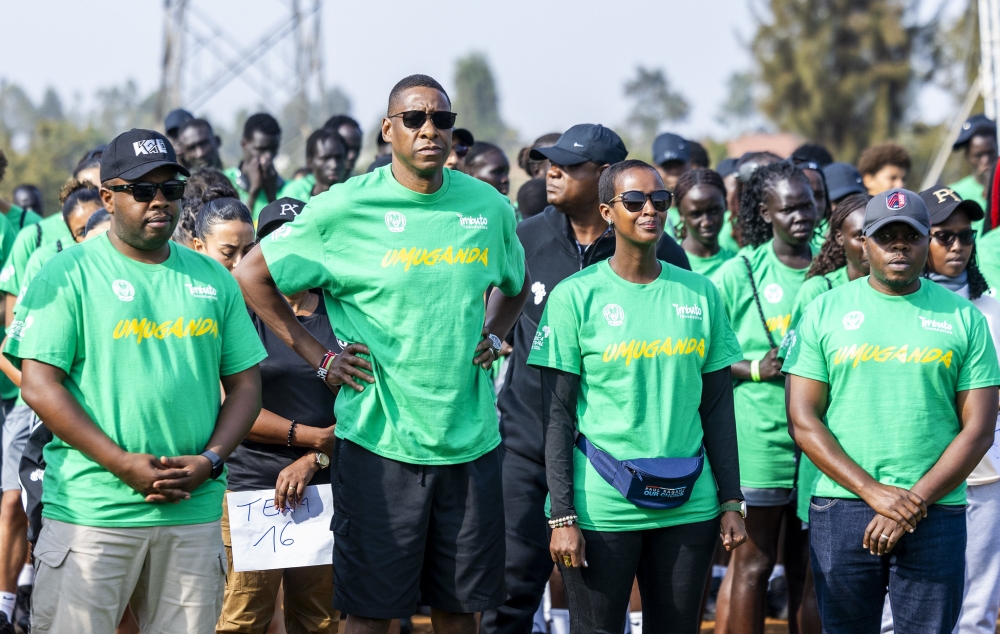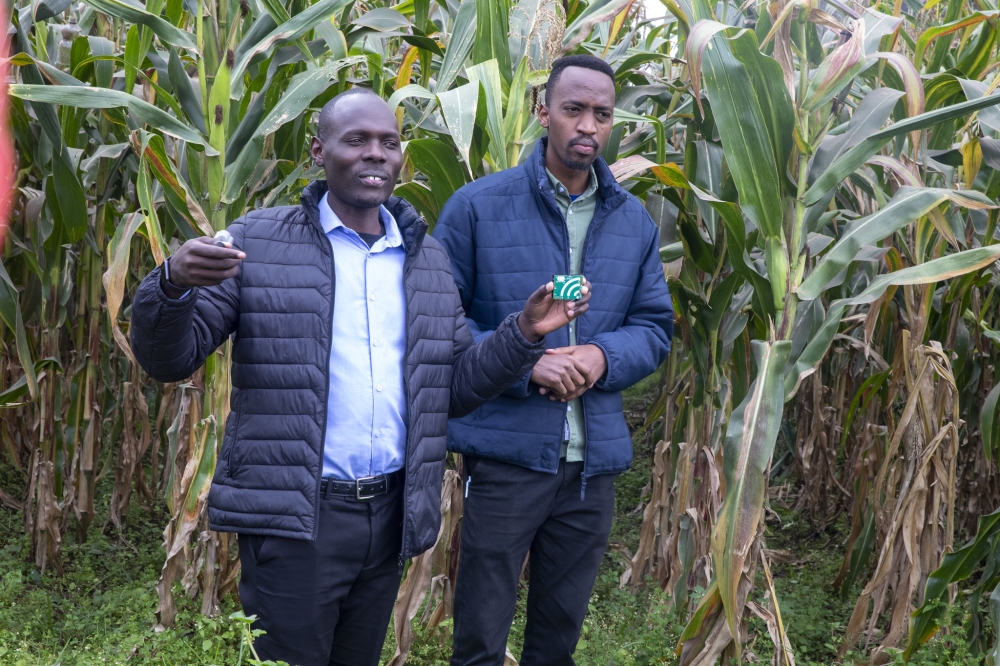I have a smart athletic 11year old boy. He is a leader among his friends and well liked. Lately, I have been noticing a side to him that I do not like; self centred, lacking empathy, argumentative and he thinks he knows it all.

I have a smart athletic 11year old boy. He is a leader among his friends and well liked. Lately, I have been noticing a side to him that I do not like; self centred, lacking empathy, argumentative and he thinks he knows it all.
He has a great family and doting grandparents but can be very disrespectful as well as judgemental towards his peers. I want to effectively teach him the importance of humility and kindness.
This is a very thoughtful question which reflects the gift and personal challenge of watching our children not only in the moment, but also with that larger "third eye” that sees patterns in behaviour that may define life paths. As we enter into strategies to address behaviour, let us also look a little more at the context you have offered in your note.
It is difficult to think we might be raising someone we will continue to love but not always like. There is a gift in having been through the prior stages with a child as they enter early adolescence. You have probably lived through and guided him through stages (think toddlerhood) that were not particularly fun for either of you. With the positive seeds of family around him and your guidance and persistence this too is likely to be a rough patch that can be integrated into the positive person you are hoping to know as an adult.
Praise in public, teach in private. In general the kind of coaching your son needs now is more challenging because as a bright athletic child he is often in public contexts--game events, clusters of friends, grandparent visits. These contexts place both of you "on stage” and make it difficult to address issues in the moment.
This does not give either of you permission to let it slide, it does, however, mean that in the insanely pushed intensity of the day it is your responsibility to create time to address issues.
Often this is in the car when you literally cannot be "in his face” and he must stay with you through the discussion. It may also be that these discussions become part of father-son time when they are out in the yard tossing a ball or active in some other way.
If you have any question, please send it to education@newtimes.co.rw






